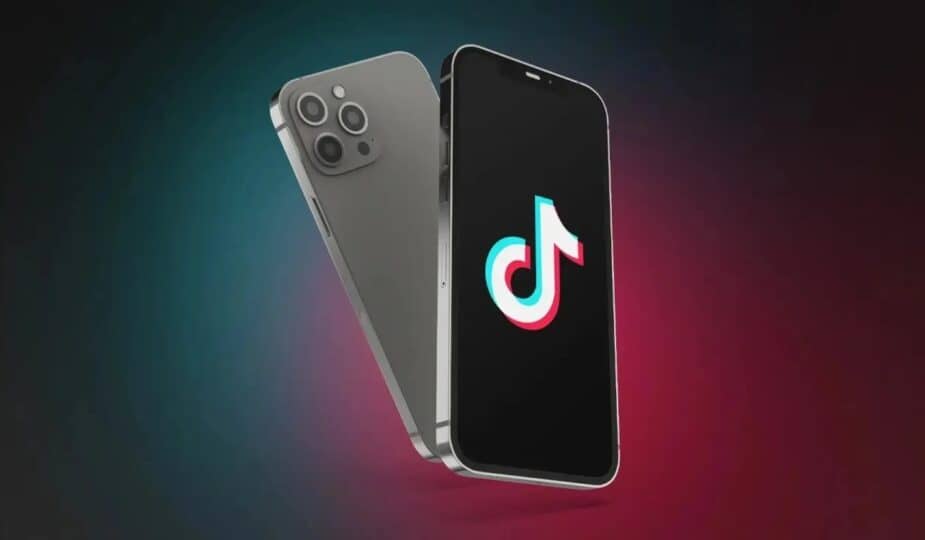
TikTok's ban is again in question, despite an appeals court rejecting the company's argument that it is protected by the First Amendment.
Parent company ByteDance has asked the U.S. Supreme Court for an emergency injunction against a law requiring it to sell TikTok to a U.S. company or be banned …
A quick recap of the TikTok ban saga
The saga began back in 2020, when then-President Trump announced that he would ban TikTok in the US unless the app was sold to an American company by September of that year. The deadline was extended twice before it was quietly allowed to expire without any action.
However, earlier this year, Congress took control of the situation by passing a new law designed to either ban TikTok in the US or force the sale of the app to an American company. Bytedance has sued the US government, arguing that the threatened ban would be unconstitutional, violating the right to free speech guaranteed by the First Amendment.
The case was heard earlier this month, and the justices unanimously rejected the constitutional argument.
TikTok asks Supreme Court for emergency injunction
The ruling meant ByteDance's only hope was to appeal to the US Supreme Court. However, the ban will come into effect next month, before any possible hearing.
To get around this, the company has now asked the court for an emergency injunction to prevent the ban from coming into effect before its final appeal is heard. The Guardian has summarised the arguments made in the lawsuit.
In their filing with the Supreme Court, TikTok and ByteDance said: “If Americans, properly informed of the purported risks of ‘hidden’ content manipulation, choose to continue viewing content on TikTok with their eyes wide open, the First Amendment gives them the right to make that choice without being subject to government censorship.”
“And if the D.C. Circuit’s contrary decision is upheld, Congress would have free rein to ban any American from speaking simply by finding some risk that the speech is being influenced by a foreign entity,” they added.
The companies said that shutting down for even one month would cause TikTok to lose about a third of its U.S. users and undermine its ability to attract advertisers and recruit content creators and talent.
Calling itself one of the “most important speech platforms” used in the United States, TikTok said there was no immediate threat to U.S. national security and that delaying the law would allow the Supreme Court to review the legality of the ban, as well as the incoming Trump administration to weigh in.
Trump reportedly met with TikTok CEO
Then-President Trump first threatened the ban, then rejected it, and then reversed course by vowing to keep it. NBC News reported yesterday that Trump will meet with the company's CEO later that day.
President-elect Donald Trump is meeting with TikTok CEO Shou Tzu Chu on Monday ahead of a possible ban of the video app in the U.S., a source familiar with the plans told NBC News.
Trump expressed “warmth” toward TikTok at a press conference earlier in the day, saying “we'll look at” the app and a possible ban.
Trump credited TikTok in part for his election victory, though his specific statement was not actually true.
Trump did not mention meeting with Chu at his press conference Monday, but said he believed his election victory was partly due to his use of TikTok. “I won the young people by 34 points. And there are those who say TikTok had something to do with it,” he said. Trump lost voters ages 18-29, according to a national exit poll.
Image: Michael Bauer/9to5Mac










